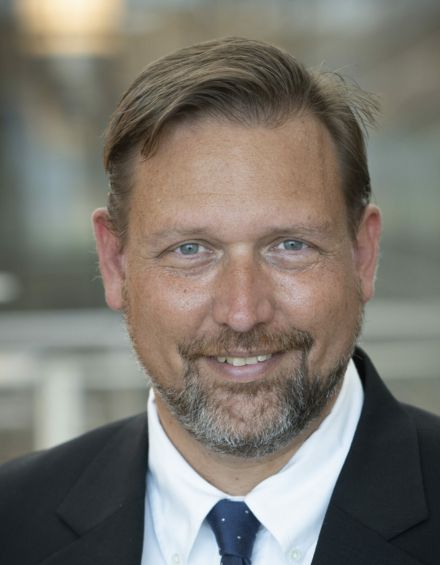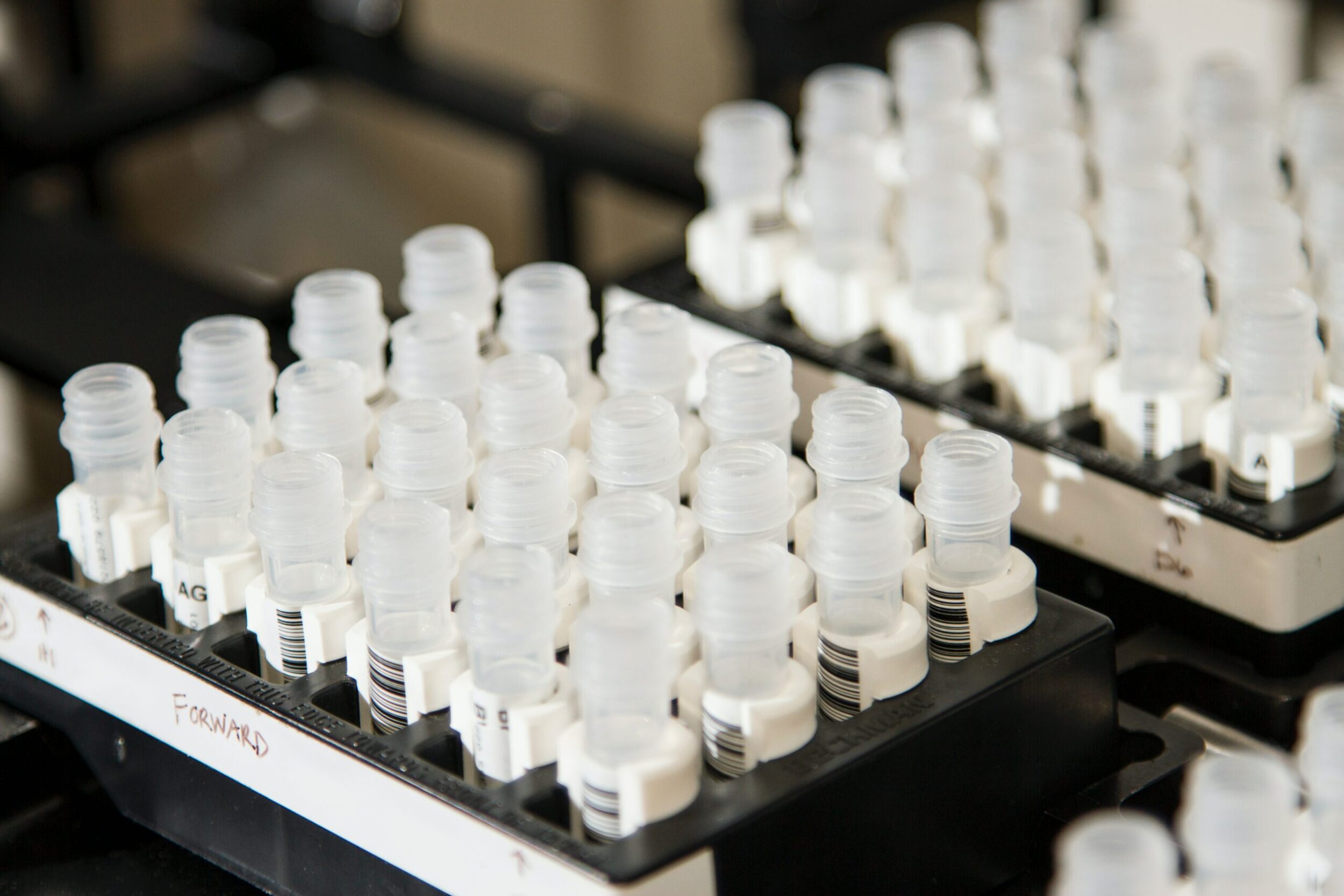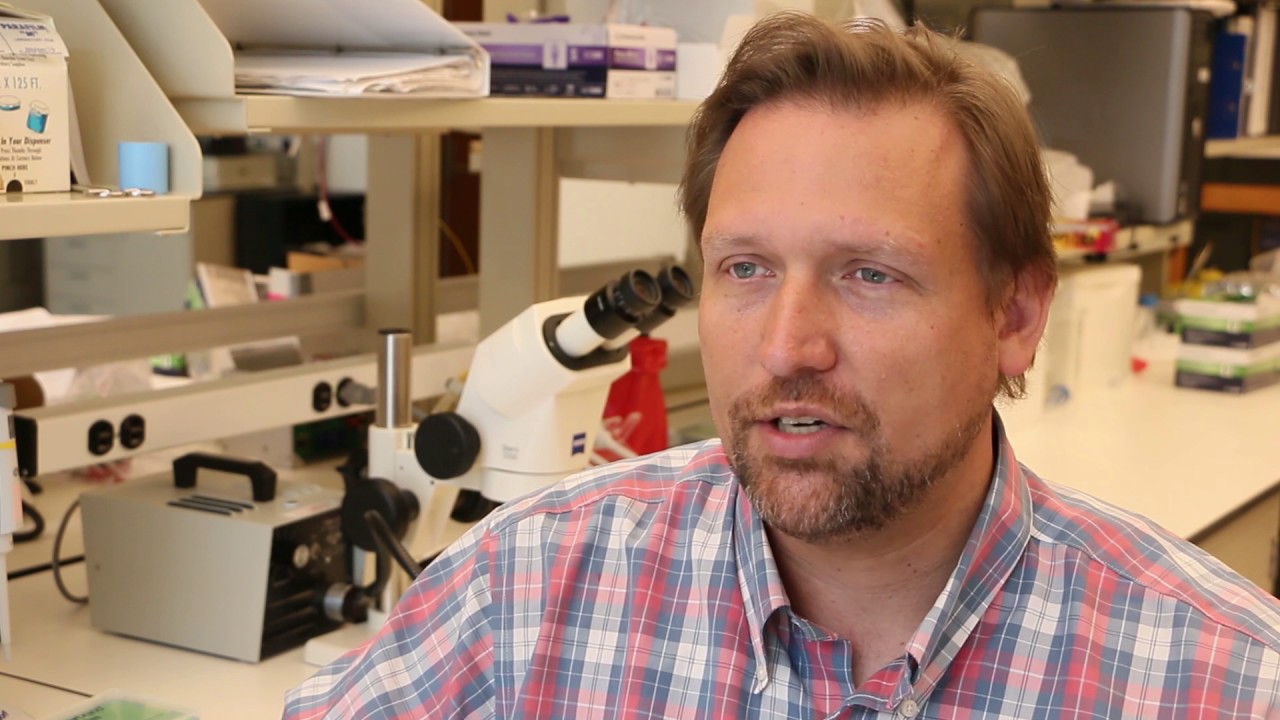
Dr. David Umulis
Senior Research Fellow
Dane A. Miller Head and Professor of the Weldon School of Biomedical Engineering and Director of the EMBRIO Institute, Purdue University
Dr. David M. Umulis is the Dane A. Miller Head and Professor of the Weldon School of Biomedical Engineering at Purdue University and Director of the NSF-funded EMBRIO Institute. Umulis leads the Weldon School to advance discovery and translation research in biomedical imaging, neuroengineering, instrumentation and devices, computational biomedicine, and engineered biomaterials. He is regarded as an impactful research leader, widely respected mentor to young faculty colleagues and an administrator with a proven track record. In 2021, Umulis led a collaborative team of more than 20 faculty from six universities in the development of a new NSF-funded institute that uses simulation and AI combined with cell biology to discover mechanisms of wound repair and cellular defense. This is an extension of his innovative work that uses high performance computing and AI to support biological discovery in organismal development. Translating the research innovation to the classroom, Dr. Umulis is a leader in the training and support of the next generation of diverse STEM leaders. Dr. Umulis has completed NSF-sponsored research in engineering formation to study how “computational thinking,” when woven into an integrative biological engineering curriculum, leads to improved self-efficacy and stronger engineering identity formation. This fusion of research into curriculum is a core principle of the NSF EMBRIO Institute that scales up these approaches for integrative biology research and training of diverse students and faculty at Purdue University, Indiana University, Notre Dame, the University of Pennsylvania, the University of Puerto Rico Mayagüez and Morehouse College. Dr. Umulis serves on numerous grant review panels and boards including the European Science Foundation, and as a standing member on the NIH Development 1 study section. Prior to these assignments, he has served on over 15 government review panels at the NIH and he currently serves as Associate Editor of the field leading journal PLoS Computational Biology. Umulis is a member of the Purdue University Teaching Academy, and he has received the outstanding teacher award in agricultural biology and engineering, the Teaching for Tomorrow Award, the 2011 Richard L. Kohls Early Career Award and the 2021 Henry T. Yang Award for Leadership in Service.
As synthetic biology and biomedical engineering technologies become more ubiquitous and have impact in our daily lives, it is critical that we develop cohesive and inclusive principals with our international partners that govern access and ethical use of the technology consistent with our values.
Research and process
David Umulis discusses the advancement and development of biological processes and research.

